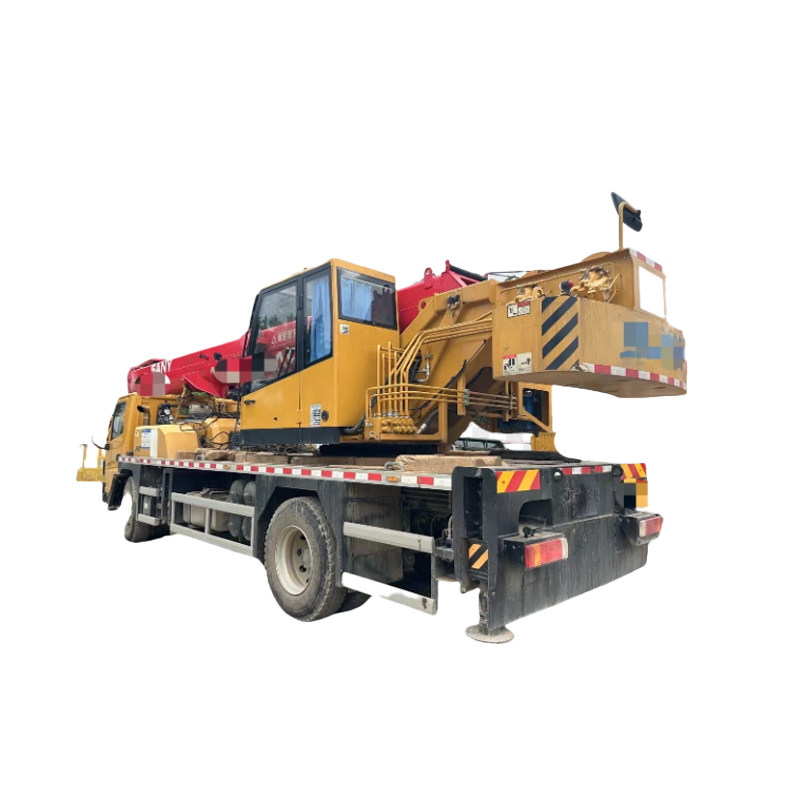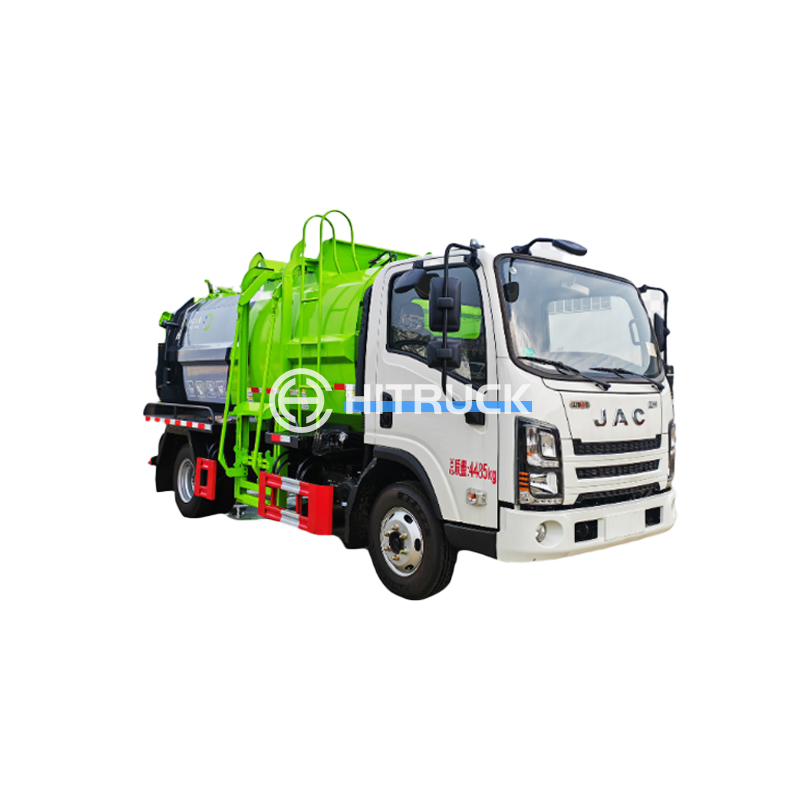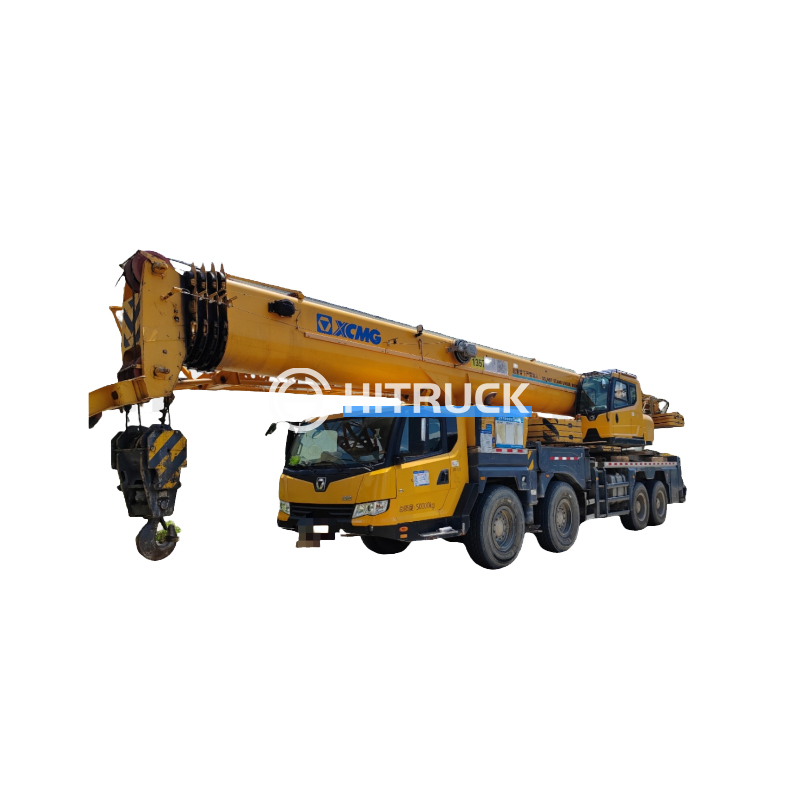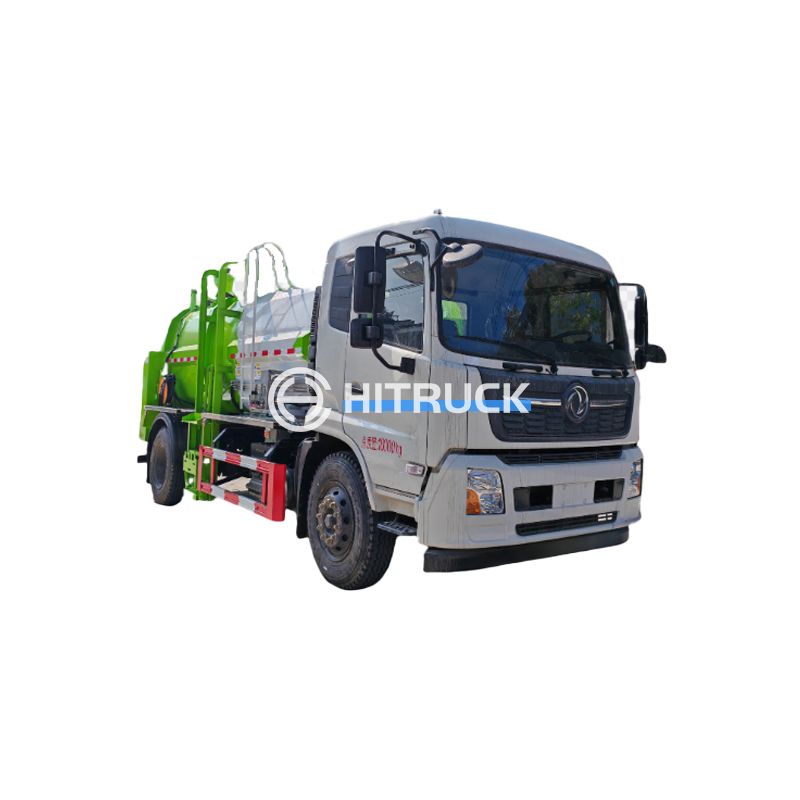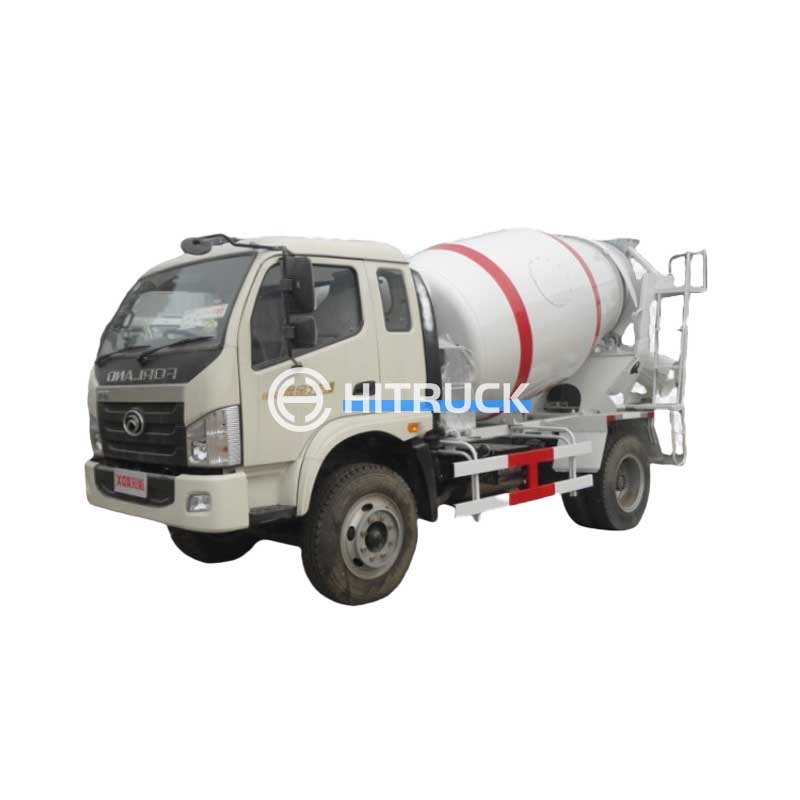This comprehensive guide explores the design, operation, and applications of bottom block overhead cranes. We'll delve into their key features, benefits, and considerations for selection and maintenance, providing practical insights for professionals in various industries. Learn how to optimize your material handling processes with this essential lifting equipment.
A bottom block overhead crane is a type of overhead crane where the hoisting mechanism is mounted at the bottom of the trolley. This design distinguishes it from top-running overhead cranes, where the hoist is positioned at the top. The bottom block overhead crane offers several advantages, which we will discuss in detail below. Understanding the differences between these crane types is crucial for selecting the right equipment for your specific needs. The choice depends heavily on factors such as lifting height requirements, load capacity, and the overall workspace layout.
Bottom block overhead cranes provide several key advantages compared to their top-running counterparts. These include:
The primary advantage is increased headroom. Since the hoist mechanism is located at the bottom, it requires less vertical space, making it ideal for facilities with height restrictions. This can be particularly beneficial in low-ceiling environments or when integrating the crane into existing structures without significant modifications. The extra headroom can also simplify maintenance and repair access.
In many applications, bottom block overhead cranes exhibit better maneuverability, especially in tight spaces. The lower center of gravity contributes to improved stability and smoother operation. This is a significant factor when dealing with heavy loads in confined areas where precision control is essential.
While initial investment costs might vary depending on specifications, bottom block overhead cranes can sometimes offer a cost-effective solution, particularly when considering the potential savings from increased headroom and efficient operation. The reduced need for structural modifications can lead to significant cost savings during installation.
Bottom block overhead cranes are used in various industries, including:
These cranes are widely used in manufacturing facilities for moving heavy materials, components, and finished goods between workstations. Their versatility and ability to operate in various configurations make them suitable for diverse manufacturing processes.
In warehousing and distribution centers, bottom block overhead cranes play a crucial role in efficient material handling. They facilitate the movement of pallets, boxes, and other items throughout the facility, improving throughput and reducing handling time.
On construction sites, these cranes can be valuable for lifting and positioning heavy building materials, equipment, and prefabricated components. Their robust construction and ability to handle heavy loads make them well-suited to the demands of the construction industry.
Choosing the right bottom block overhead crane involves careful consideration of several factors. This includes:
Consulting with experienced crane suppliers like Suizhou Haicang Automobile sales Co., LTD is crucial to ensure the selected crane meets your specific operational needs and safety standards.
Regular maintenance is crucial for ensuring the safe and efficient operation of bottom block overhead cranes. This includes:
Adhering to strict safety protocols is paramount to prevent accidents and ensure the longevity of the crane.
Bottom block overhead cranes offer a valuable solution for various material handling applications. By understanding their advantages, applications, and maintenance requirements, businesses can optimize their operations and enhance safety. Remember to always consult with qualified professionals for selection, installation, and maintenance to ensure safe and efficient operation.



